Stargate project: OpenAI, Oracle pledge support for $500 billion AI infrastructure drive
The Stargate Project will see the construction of huge data centers across the US
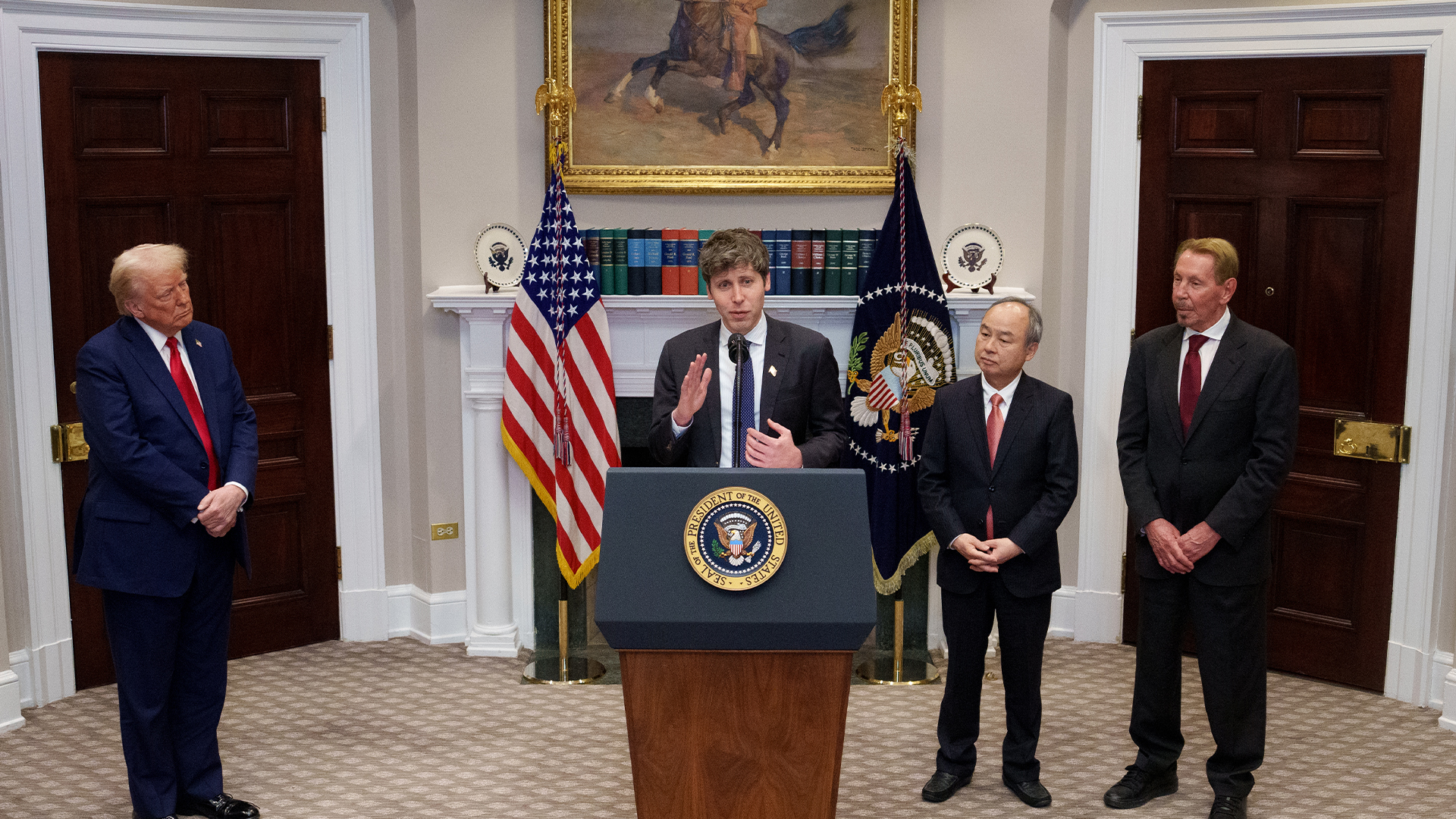

The US government has announced $500 billion in funding as part of a huge drive to expand AI infrastructure capabilities across the country.
The ‘Stargate Project’ is a new company, backed by industry heavyweights including SoftBank, OpenAI, Oracle, and MGX as initial equity funders.
SoftBank and OpenAI are the lead partners, with SoftBank having financial responsibility and OpenAI taking operational responsibility. Softbank's Masayoshi Son will be the chairman.
Meanwhile, Arm, Microsoft, Nvidia, Oracle, and OpenAI are the key initial technology partners for the project.
The move marks one of the first major tech announcements from the new Trump administration.
"We're announcing the largest AI infrastructure project in history, and it's all taking place right here in America. As you know there's great competition for AI and other things," said President Trump.
"We want to keep it in this country. China's a competitor and others are competitors - we want it to be in this country, and we're making it available."
Get the ITPro daily newsletter
Sign up today and you will receive a free copy of our Future Focus 2025 report - the leading guidance on AI, cybersecurity and other IT challenges as per 700+ senior executives
OpenAI said developments are already underway, starting in Texas with a one-million-square foot data center.
The firm is also evaluating potential sites across the country for more campuses as it puts the finishing touches on definitive agreements. There's expected to be an initial five sites, and eventually as many as 20.
"We will begin deploying $100 billion immediately," OpenAI pledged in a blog post.
"This infrastructure will secure American leadership in AI, create hundreds of thousands of American jobs, and generate massive economic benefit for the entire world."
Oracle, Nvidia, and OpenAI will work closely together to construct and operate the system, building on a collaboration between OpenAI and Nvidia going back to 2016, as well as a more recent partnership between OpenAI and Oracle.
Meanwhile, OpenAI already partners with Microsoft, and says it will continue to increase its use of Azure.
Trump said he would act to help streamline the planning and construction process.
"I'm going to help a lot through emergency declarations because we have an emergency, we have to get this stuff built," he said.
"They have to produce a lot of electricity, and we'll make it possible for them to get that production done very easily, at their own plants if they want, where at the AI plant they'll build energy generation."
Infrastructure expansion hopes tempered by energy concerns
While the infrastructure project has been welcomed by some industry stakeholders, others have raised concerns over the potential environmental impact.
In a LinkedIn post, Mark Nelson of Radiant Energy Group pointed out that the Stargate Project will require an enormous amount of power - and money - to run.
"Each center will want at least 6GW of firm capacity available, minimum, at all times," he said.
"I expect total power costs to run, very roughly, at $4 billion per year per Stargate, or about $100 per MWh. For reference, Microsoft is paying a bit more than $100 per MWh to get 17% of one Stargate's-worth from restarting Three Mile Island."
RELATED WHITEPAPER

AI-related energy consumption has become a recurring talking point in the last two years amidst the rise of generative AI.
In particular, the strain placed on energy infrastructure has raised serious concerns, with research by Schneider Electric in December 2024 highlighting the long-term impact on regional grids.
Similar research on this topic found data centers currently consume 4.4% of American energy, and this is set to triple to 12% by 2028.
The study, conducted by the Lawrence Berkeley National Laboratory, predicted power demands for data centers will increase to between 325TWh and 580TWh in the next four years.
Emma Woollacott is a freelance journalist writing for publications including the BBC, Private Eye, Forbes, Raconteur and specialist technology titles.
-
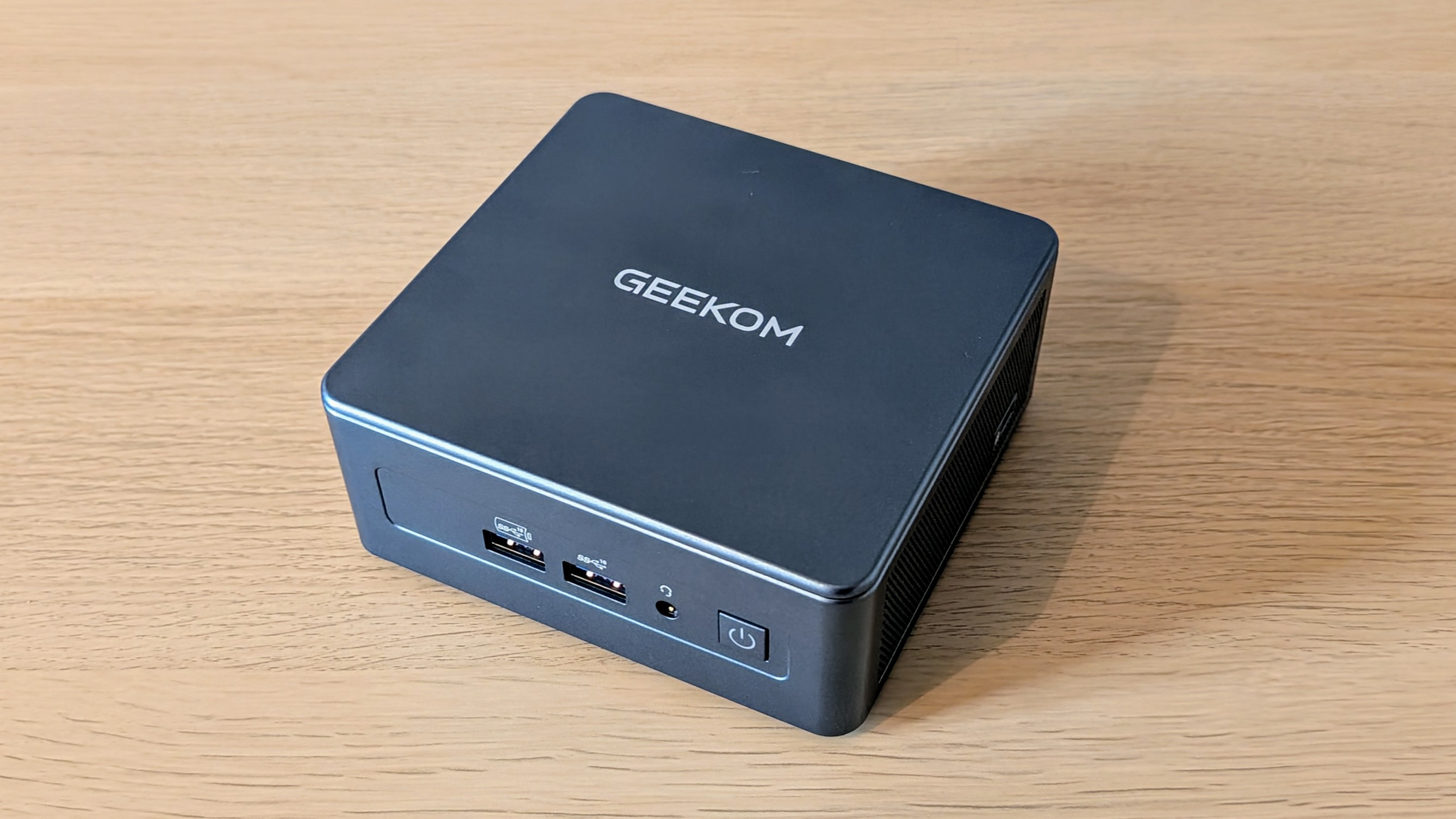 Geekom Mini IT13 Review
Geekom Mini IT13 ReviewReviews It may only be a mild update for the Mini IT13, but a more potent CPU has made a good mini PC just that little bit better
By Alun Taylor
-
 Why AI researchers are turning to nature for inspiration
Why AI researchers are turning to nature for inspirationIn-depth From ant colonies to neural networks, researchers are looking to nature to build more efficient, adaptable, and resilient systems
By David Howell
-
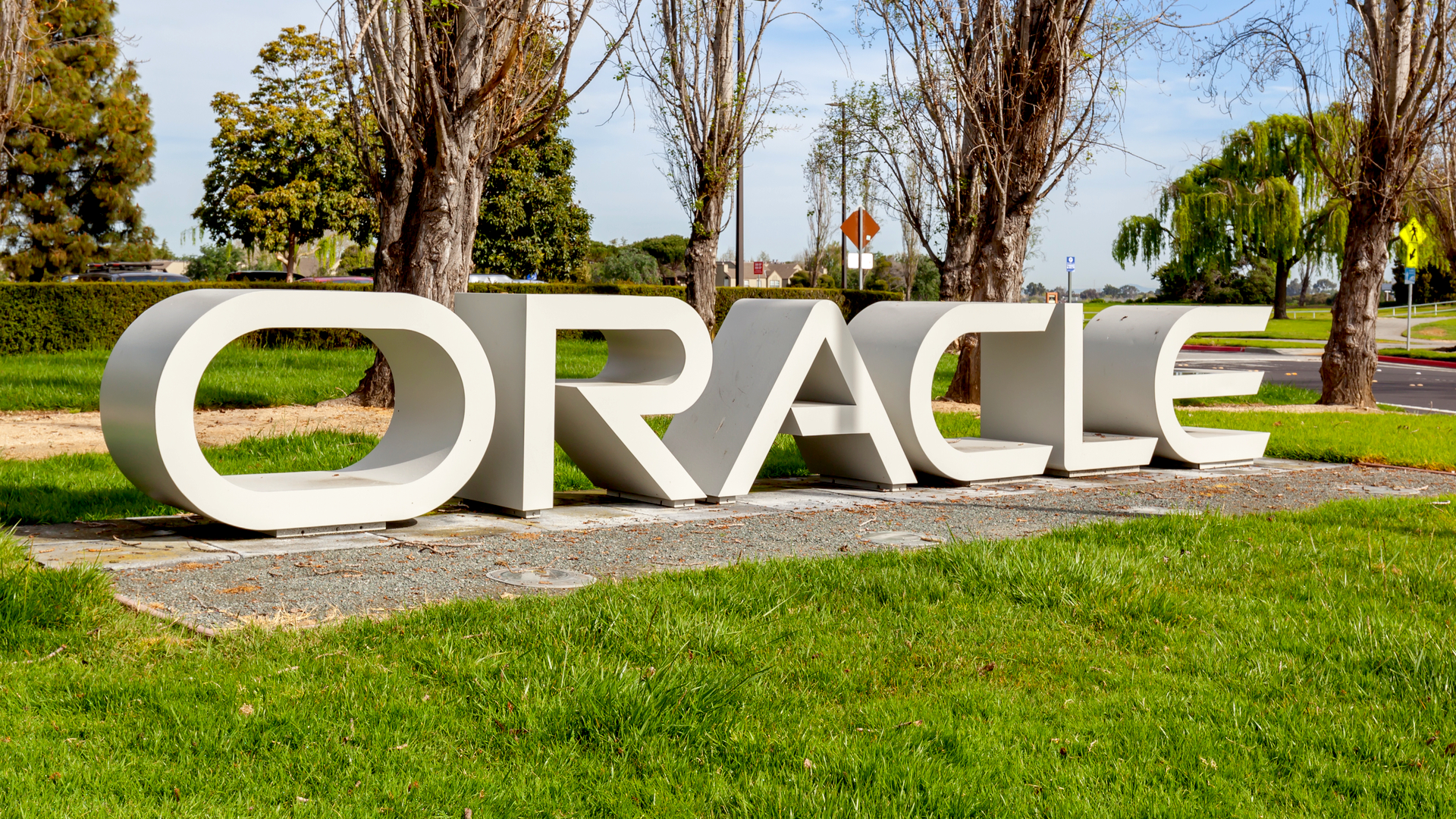 UK cloud infrastructure set for boost amid $5 billion Oracle investment
UK cloud infrastructure set for boost amid $5 billion Oracle investmentNews Oracle is set to invest $5 billion (£3.85 billion) to ramp up support for the UK’s cloud infrastructure capabilities.
By George Fitzmaurice
-
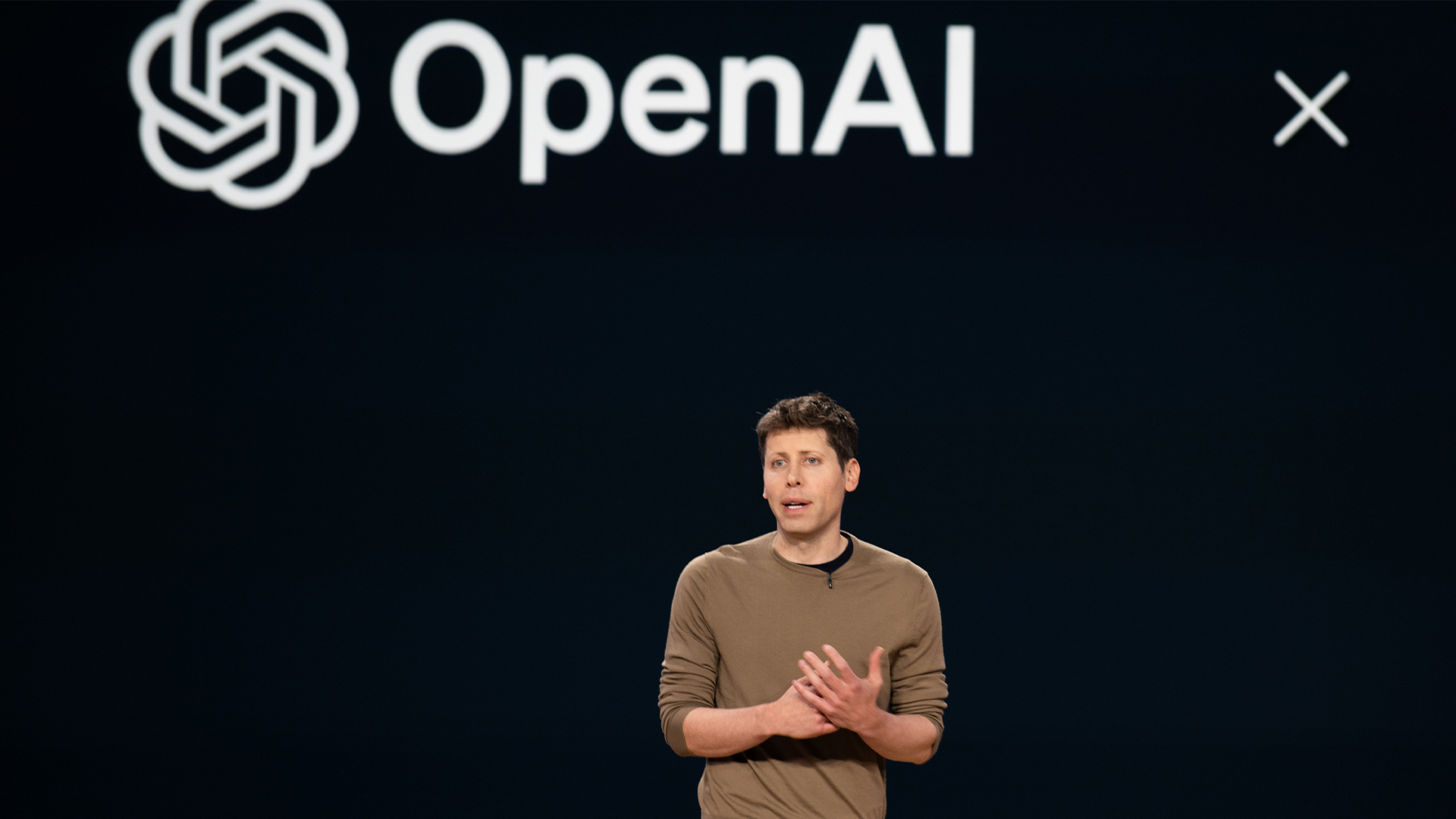 OpenAI inks $12bn CoreWeave deal in latest move away from Microsoft
OpenAI inks $12bn CoreWeave deal in latest move away from MicrosoftNews Cloud infrastructure company CoreWeave will supply OpenAI with infrastructure to run the firm's latest models in a deal worth nearly $12 billion.
By Nicole Kobie
-
 Analysts think Microsoft's data center rollback is bad news for the AI boom – but the company says not to worry
Analysts think Microsoft's data center rollback is bad news for the AI boom – but the company says not to worryNews Microsoft has reportedly ended leases for a significant amount of data center capacity, sparking debate over whether the AI boom is starting to falter.
By Nicole Kobie
-
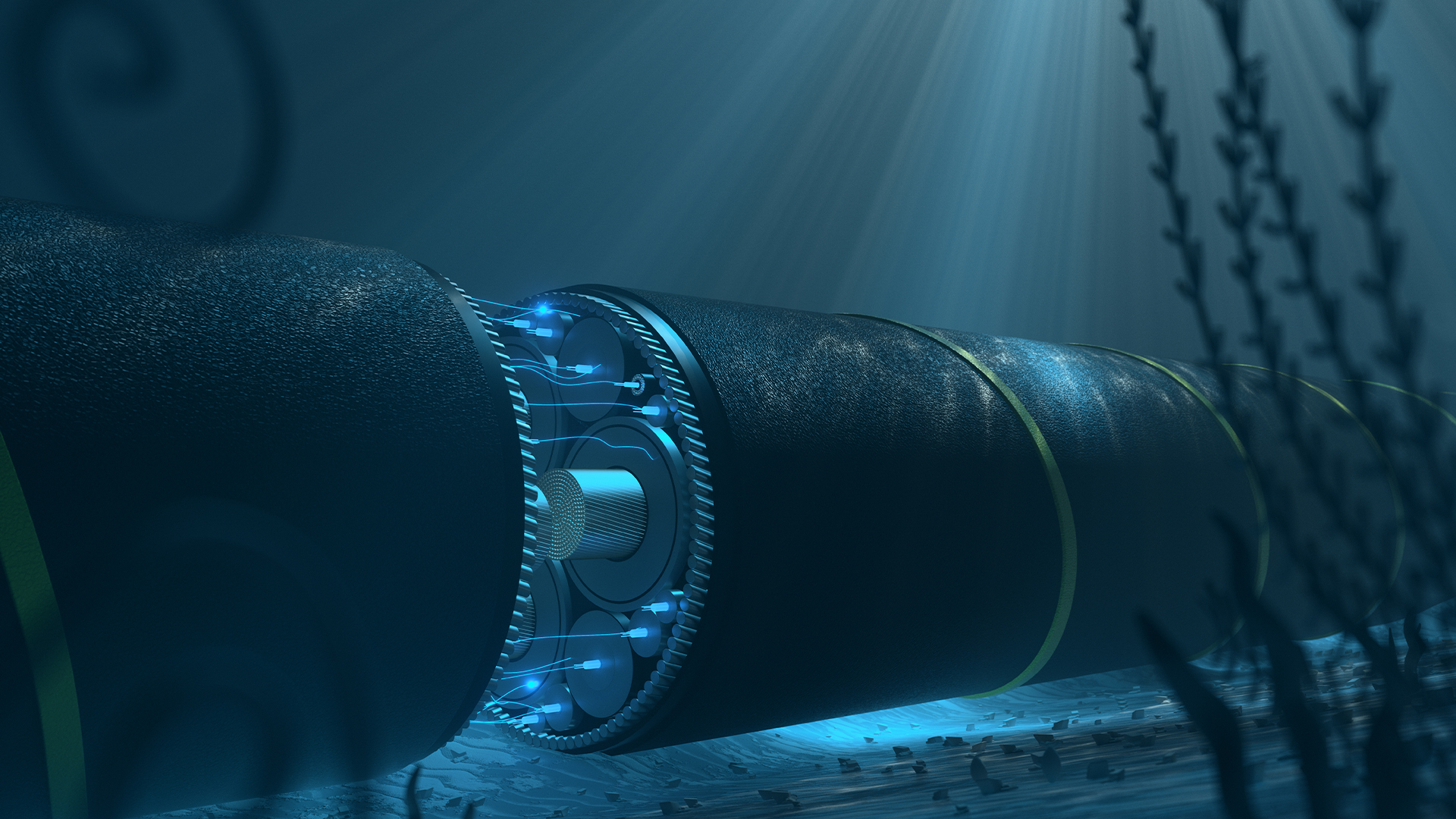 Meta is building the world’s longest subsea cable: Project Waterworth will span 50,000 km and connect five continents – and it aims to boost global connectivity and AI services
Meta is building the world’s longest subsea cable: Project Waterworth will span 50,000 km and connect five continents – and it aims to boost global connectivity and AI servicesNews Meta has announced plans to build the world's longest subsea cable in a bid to supercharge global connectivity and drive AI innovation.
By Emma Woollacott
-
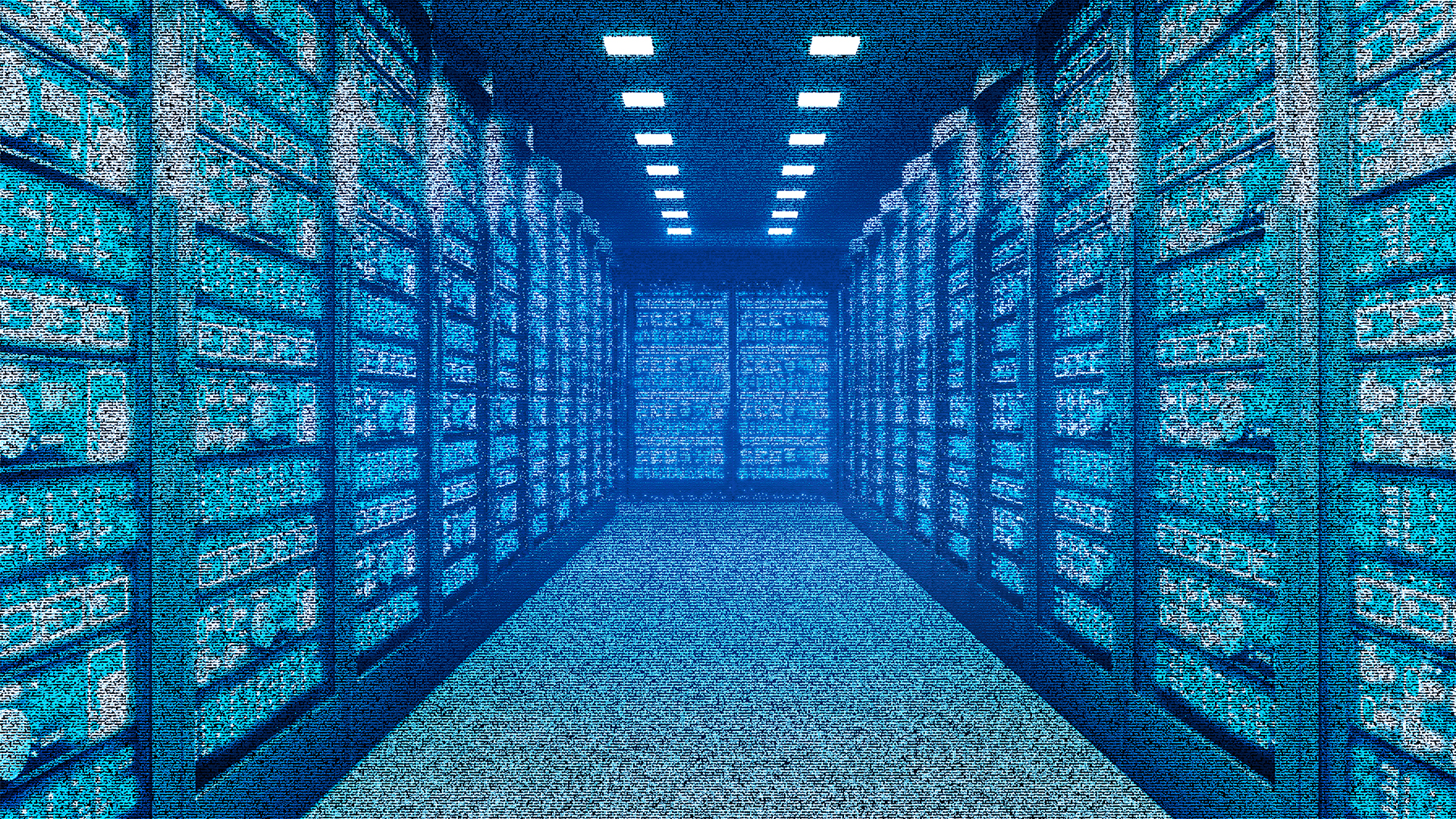 Data centers are growing in size and number as AI prompts widespread global expansion
Data centers are growing in size and number as AI prompts widespread global expansionAnalysis Generative AI continues to push up demand for more sites and increased capacity at physical locations
By George Fitzmaurice
-
 CoreWeave’s first two UK data centers are now operational
CoreWeave’s first two UK data centers are now operationalNews The company's European plans for this year also include new facilities in Norway, Sweden, and Spain
By Emma Woollacott
-
 Meta wants to join the big tech nuclear club
Meta wants to join the big tech nuclear clubNews Meta has become the latest big tech company to explore the use of nuclear energy to power data centers.
By Nicole Kobie
-
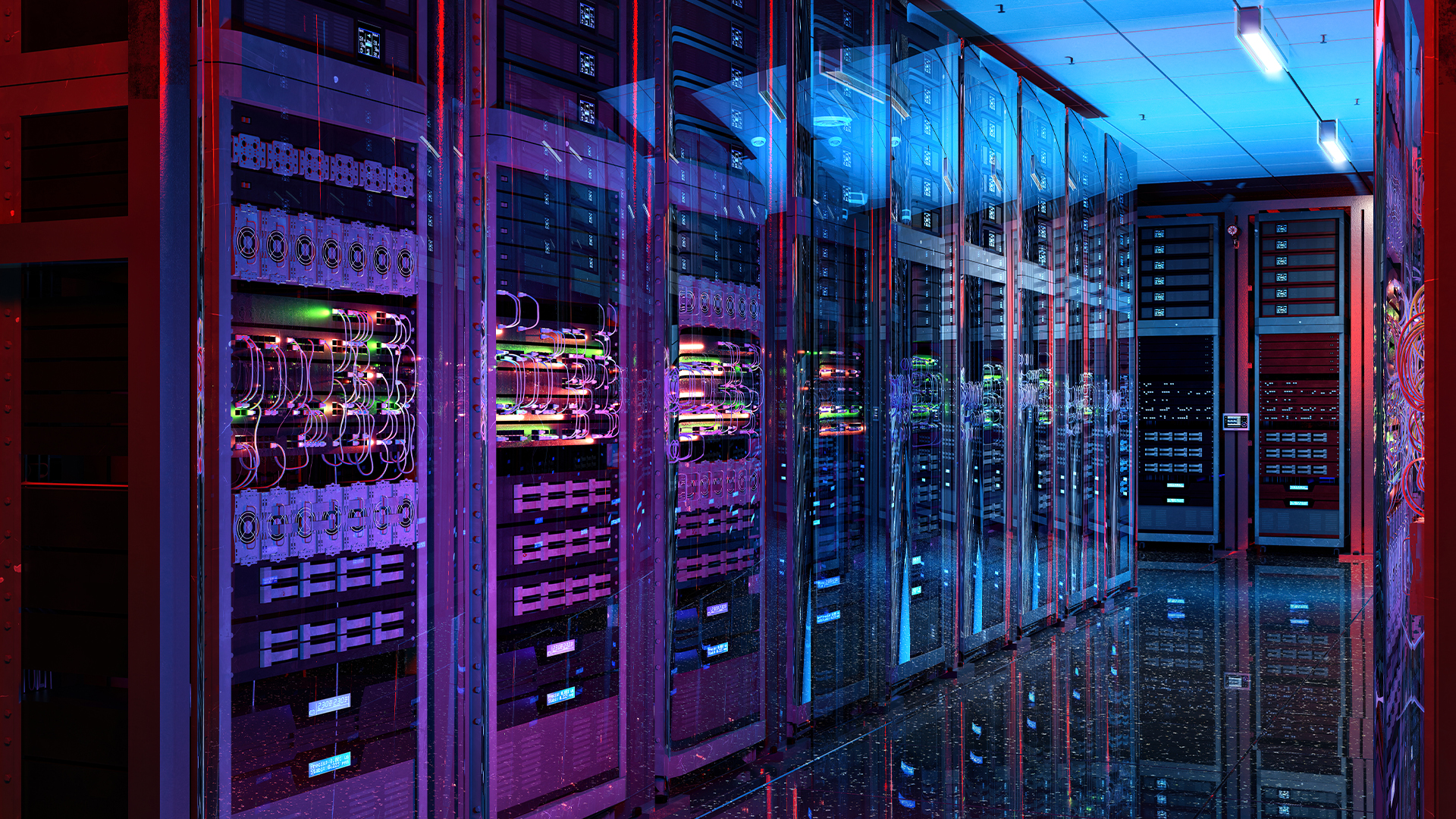 Data centers will be critical to UK economic growth in the coming decade – but researchers have warned of a ‘data doomsday’ unless energy infrastructure is improved
Data centers will be critical to UK economic growth in the coming decade – but researchers have warned of a ‘data doomsday’ unless energy infrastructure is improvedNews With TechUK calling for improved grid connections and easier access to renewable energy, a new study warns that the world's entire electricity supply may not be enough
By Emma Woollacott